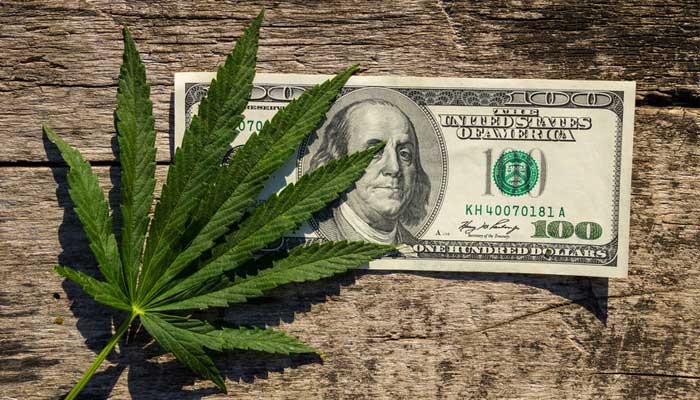Exactly a year ago (Nov. 17, 2017), our copywriters blogged about the latest advancements in cannabis payment solutions. Based on numerous articles we’ve read over the past year, we listed the states we felt would be the next to legalize cannabis for recreational purposes:
Arizona
Connecticut
Michigan
New Jersey
Ohio
Rhode Island
Vermont
Virginia
With the 2018 midterm elections in the books, Michigan is the sole state to legalize cannabis for recreational purposes for adults 21 and over. Earlier this year, Vermont legalized recreational marijuana for growth and possession, but sales for non-medicinal purposes remain illegal. We had also mentioned Ohio, as there was an effort to de-penalize marijuana, but it was emphatically voted down Nov. 6.
The midterms provided several surprises, however, with states we had not mentioned, that we didn’t think were on the cannabis radar:
- Perhaps the biggest surprise was Utah’s vote to legalize medicinal marijuana use for patients with ‘qualifying illnesses,’ with caveats: purchasing limit (2 ounces) and growth limits (six plants of homegrown for patients outside 100 miles of a licensed dispensary.
- Missouri, which recently legalized medical marijuana use, voted in favor of a maximum of six homegrown plants and a purchase of at least four ounces per month from a dispensary. Physicians can prescribe at their discretion.
We undoubtedly feel more states are going to follow with legalization for medicinal and recreational purposes. Currently, 10 states and the District of Columbia have legalized recreational cannabis, though with different growth, sale and usage laws. Thirty-three states and (including the aforementioned 10 and Washington, DC) have legalized marijuana for medicinal purposes, leaving 17 which prohibit cannabis use under any circumstance. We expect that number to decline significantly the next decade.
What have we learned from the legal states?
It’s no secret that the states which have legalized cannabis for recreational reasons are benefitting from the tax revenue. We didn’t know how much until we attended the Cannabis World Conference and Business Exposition in Boston Oct. 17-20.
- Colorado: The first of two states to legalize for recreational use, Colorado generated $500 million in tax revenue in 2017, five times that of taxes generated by alcohol sales.
- Washington: Generated $217 million in 2017
- Oregon: Generated $70 million in 2017
- Nevada: Generated $70 million in its first year of legalization (2016-17)
- California: Experts predict around $1 billion in tax revenue
- Alaska: Generating $1 million per month in tax revenue
Experts at CWCBE Boston estimated that if cannabis was federally legal, it would generate $132 billion in tax revenue by 2025.
The ripple effect of cannabis legalization
Without a doubt, we feel the feds are watching the impact of cannabis legalization in Canada very closely, learning from every stage in the process. In particular, regulators – especially the naysayers – are smart to notice the economic effects from legalization. There is only a fraction of it in the US, evidenced by:
- Excessive cash amounts eliciting the need for security and armored truck industries.
- Storage for massive amounts of cash.
- Market for delivery services for immobile medical patients.
The potential for a secondary boon to other businesses – as we’re certain to see in Canada – is immense to say the least. The number of businesses that would thrive off cannabis legalization is staggering:
- Merchant services
- Packaging, labeling
- Agricultural and cultivation
- Extraction laboratories (for CBD)
- Research and data services
- Specific software such as POS devices
- Legal representation
- Commercial real estate for dispensaries and grow facilities
- Higher education for cannabis growth, business ethics and sales
- Compliance systems and providers
We’re headed to MJBizCon 2018 to discuss cannabis payment solutions
Instabill will be represented at MJBizCon 2018 Tuesday through Friday at the Las Vegas Convention Center, and is interested in discussing its new cannabis payment solutions with like-minded professionals. Currently, Instabill has two solutions for merchants with storefronts:
- A crypto currency solution which enables consumers to pay for cannabis with crypto currency or convert crypto to cash there in the dispensary.
- A debit card solution which enables the customer to fund it with the necessary amount for a transaction.
Both solutions enable for merchant payouts within 24 hours. To discuss our cannabis payment solution, we encourage merchants to have a conversation with our merchant account managers at 1-800-530-2444.


